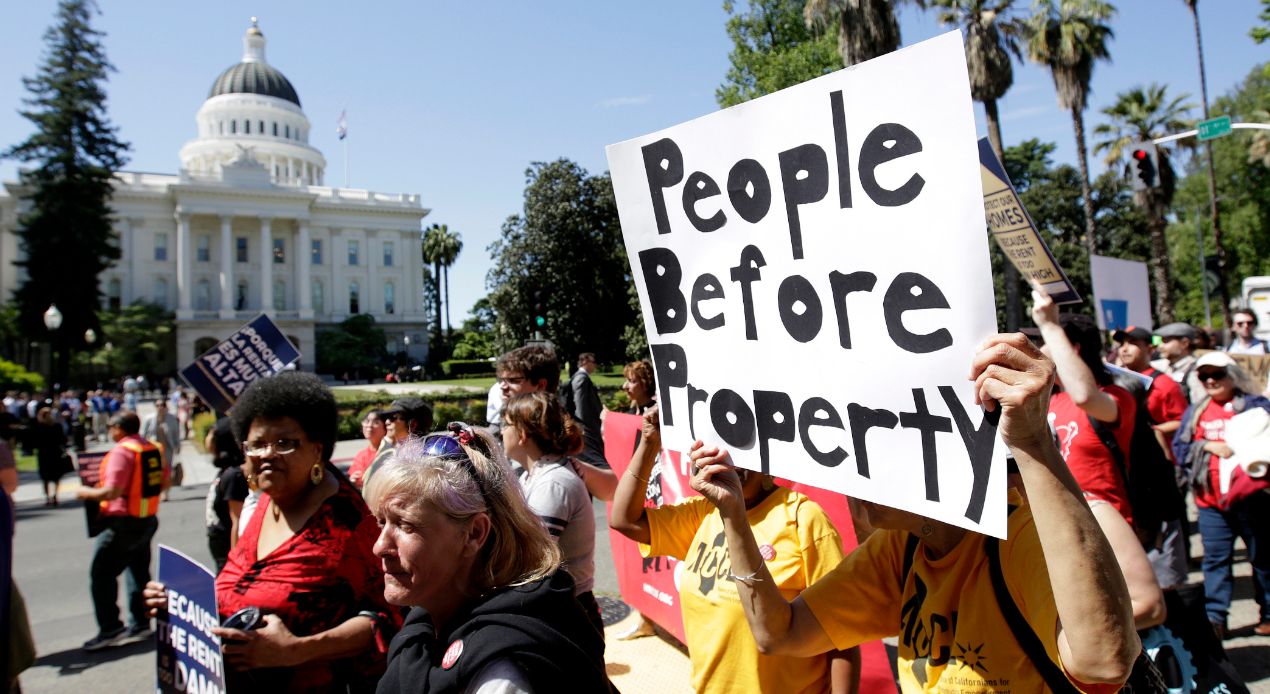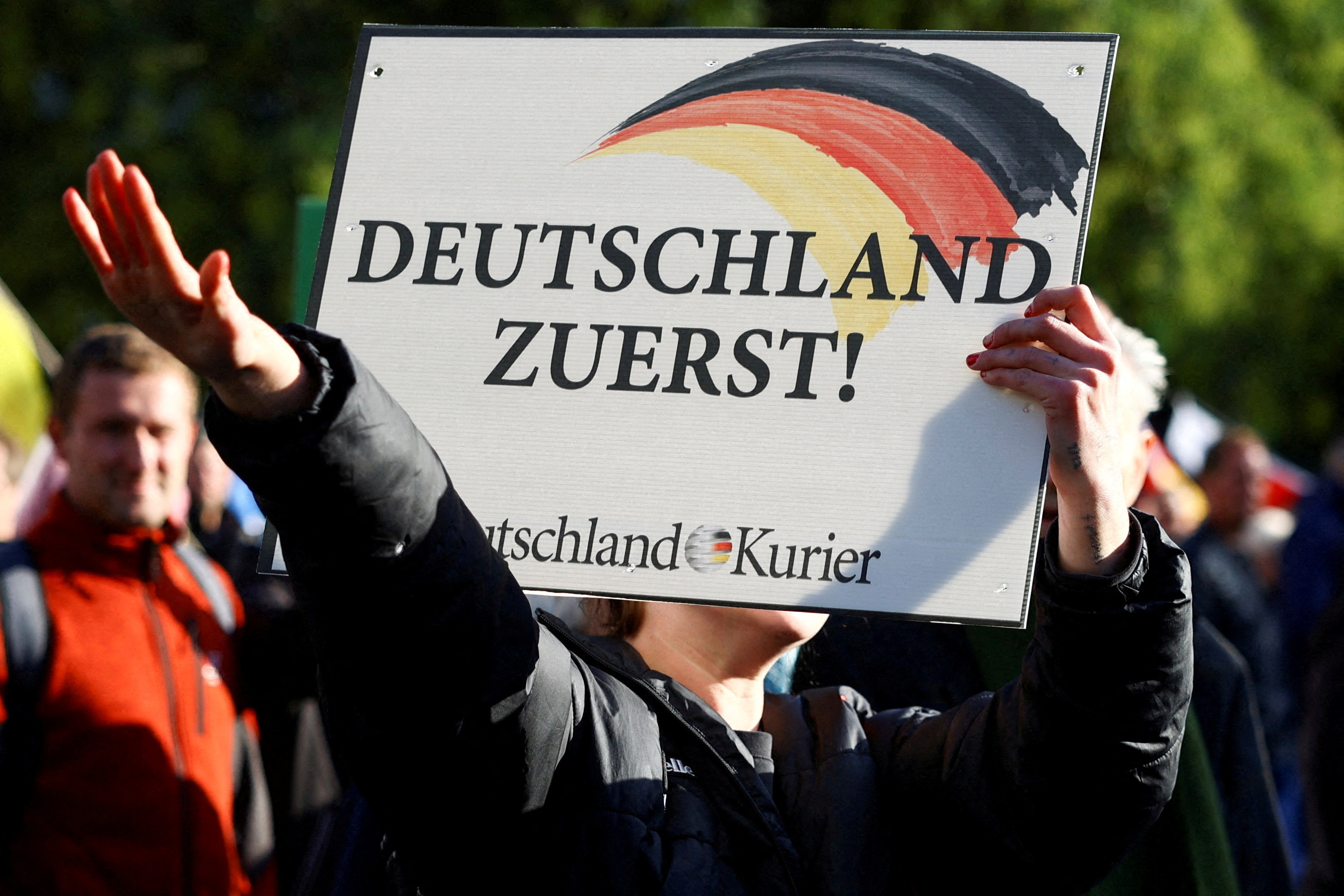Housing Crisis Deepens Inequality
The European housing crisis is no longer just a local issue; it has morphed into a continent-wide epidemic that is inflating property prices and fueling the rise of far-right political movements. According to the European Parliament, from 2015 to 2023, house prices in the EU surged by nearly 50% on average. This staggering increase is not just a statistic; it reflects a devastating reality for millions of residents across cities like Lisbon, Amsterdam, and Budapest, where locals are being pushed out of their communities.
Lisbon’s Transformation After the 2008 Financial Crisis
Since the 2008 financial crisis, Lisbon has become a glaring example of how policy changes can have harmful consequences for local populations. As reported by the BBC, the crisis led to an influx of wealthy foreign investors who purchased second homes and converted properties into short-term rentals, effectively pricing locals out of the market. Families that once enjoyed stability now find themselves renting rooms instead of whole flats, showcasing a disturbing trend where the very essence of community is sacrificed for profit.

Priced out of housing, many younger disillusioned voters ...
Amsterdam’s Newcomers Face Discrimination
In Amsterdam, the situation is equally dire for newcomers who are often left to navigate a treacherous private housing market, as older residents enjoy the benefits of secure social housing. Research shows that younger individuals and recent arrivals are increasingly forced into costly and precarious living situations. This dynamic not only exacerbates economic disparities but also fosters resentment among those who feel excluded from the city"s vibrant culture and opportunities.
Budapest’s Housing Policies Reflect Broader Trends
In Budapest, the legacy of post-Cold War privatization has created a housing landscape where older generations profit while younger citizens struggle. According to experts, the sale of social housing units has led to skyrocketing prices, placing homeownership out of reach for many. This financial burden not only creates a generational divide but also serves as fertile ground for far-right rhetoric that exploits economic grievances.

Germany"s far right rides high on anti-immigration, anti-green agenda ...
The Role of Institutional Investors
The ongoing crisis is further complicated by the involvement of institutional investors, including private equity and hedge funds, which treat housing as a mere asset rather than a fundamental human right. Tim White"s analysis emphasizes that when homes become commodities, wealth is systematically transferred from the vulnerable to the affluent, exacerbating inequality across the continent. This trend is particularly concerning as it mirrors global patterns where housing is increasingly seen as a financial investment rather than a basic necessity.
Potential Solutions and Political Will
Despite the grim picture painted by these housing crises, there is a glimmer of hope. In 2024, European housing ministers united to sign a declaration calling for a "new deal" on affordable and social housing. This agreement signals a potential shift in policy that could help mitigate the growing crisis and restore balance to housing markets. As pointed out by the European commissioner for jobs and social rights, Nicolas Schmit, the housing issue not only divides societies but poses a significant risk to democratic stability itself.
The urgency of addressing these crises cannot be overstated. With inequality driving resentment and political polarization, it is essential for policymakers to prioritize equitable housing solutions that serve all citizens, not just those with financial means. The stories emerging from cities across Europe serve as a clarion call for action.

Lisbon by Night Private City Tour 2025 - Viator







![[Video] Gunfire between Iraqi security forces and Sadr militias in Baghdad](/_next/image?url=%2Fapi%2Fimage%2Fthumbnails%2Fthumbnail-1768343508874-4redb-thumbnail.jpg&w=3840&q=75)
